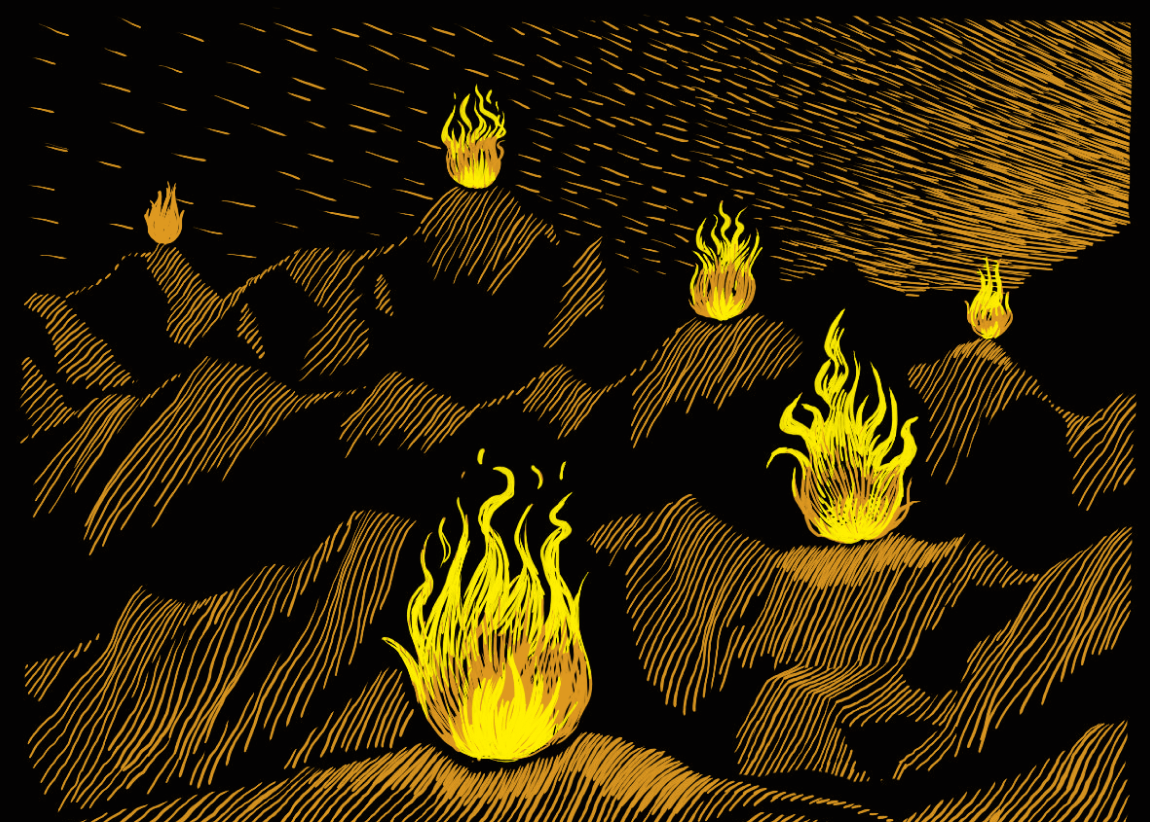
A new player in the digital communications space, Bonfire, is on a mission to redistribute control of online communities by building socially responsible software that allows users to govern the platforms they use. Unlike conventional social networking services controlled by major corporations like Meta (Facebook) or Google, Bonfire envisions a decentralized ecosystem that grants users more autonomy and customization.
At the core of Bonfire’s platform is the idea that online interaction should not be dictated by centralized power structures. Many existing social media platforms have come under scrutiny for handling user data unethically, enforcing selective content moderation, and prioritizing engagement algorithms that often encourage divisive or addictive behavior. Bonfire proposes an alternative model: a modular, open-source platform where community moderators and members establish the rules, structure, and features.
This user-led governance model allows communities to tailor functionality to their specific needs. Instead of a one-size-fits-all system orchestrated by corporate boardrooms, Bonfire lets each community configure its look, moderation tools, content visibility settings, and more. This is made possible through its decentralized architecture inspired by the principles of federation – similar to how email operates, or how the Mastodon social network is structured.
Bonfire is part of a wave of software projects collectively working within the fediverse—a decentralized internet composed of multiple interconnected platforms that share the same communication protocol. These services prioritize privacy, interoperability, and user agency, and increasingly appeal to users concerned about the dominance of large tech platforms.
In effect, Bonfire aims not merely to build another social platform, but to redefine how social software is conceptualized and governed. By putting power in the hands of creators, moderators, and community members, it seeks to foster more equitable and sustainable digital spaces tailored to individual and collective needs.
As tech users and developers increasingly demand alternatives to the centralized status quo, Bonfire represents a growing shift toward ethical, decentralized social technologies, where people—not corporations—decide how online connections should function.
Source: https:// – Courtesy of the original publisher.








